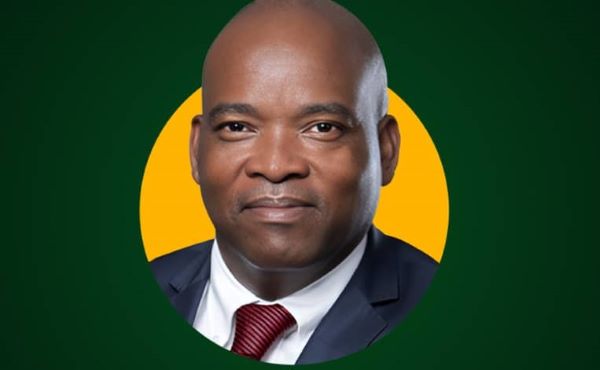The Kingdom of Eswatini has celebrated a major diplomatic milestone following the election of its former Cabinet Minister, Moses Vilakati, as the African Union (AU) Commissioner for Agriculture, Rural Development, Blue Economy, and Sustainable Environment (ARBE).
Vilakati secured a landslide victory in a highly competitive election held during the 38th African Union Summit in Addis Ababa, Ethiopia. His appointment is seen as a significant achievement for Eswatini, positioning the country as a leader in African agricultural and environmental governance.
Vilakati brings a wealth of experience to the role, having previously served as Eswatini’s Minister of Agriculture (2013) and later as Minister of Tourism and Environmental Affairs (2018-2023). His academic background includes an MSc in Agriculture (International Development) from California Polytechnic State University, USA, and a BSc in Agriculture from the University of Eswatini.
His career also includes key leadership roles such as Project Director at the Eswatini Water and Agricultural Development Enterprise (EWADE); Agribusiness Development Manager at EWADE; Project Director and Lecturer at the University of Eswatini (UNESWA), and Vision for Africa’s Agricultural Transformation.
Eswatini’s government expressed full confidence in Vilakati’s ability to uphold the highest standards of professionalism and integrity in his new AU role. His vision aligns with Africa’s agenda for a transformed, innovative, and diversified agricultural sector, ensuring food security, sustainable environmental management, and climate resilience.
Government Spokesperson Alpheous Nxumalo extended gratitude to the 36 African nations that supported Vilakati’s election. He described the appointment as a national triumph, with Eswatini standing firmly behind him as he embarks on this pivotal journey of service to Africa.
Vilakati’s election reinforces Africa’s commitment to sustainable agriculture, rural development, and environmental conservation, with Eswatini now at the forefront of shaping the continent’s future in these critical sectors.


